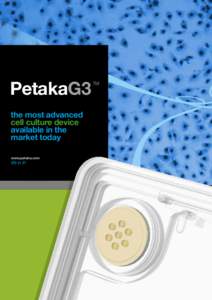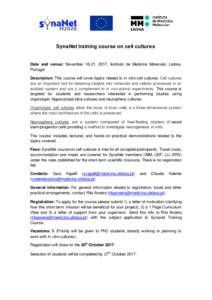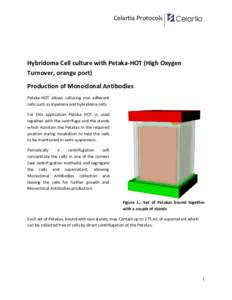<--- Back to Details
| First Page | Document Content | |
|---|---|---|
 Biotechnology Immune system Pharmacology Monoclonal antibodies Biologic Cell culture Hybridoma technology Center for Biologics Evaluation and Research Humanized antibody Biology Immunology Medicine |
Add to Reading List |
 PTC in Manufacture and Testing of Monoclonal Antibody Products for Human Use
PTC in Manufacture and Testing of Monoclonal Antibody Products for Human Use

